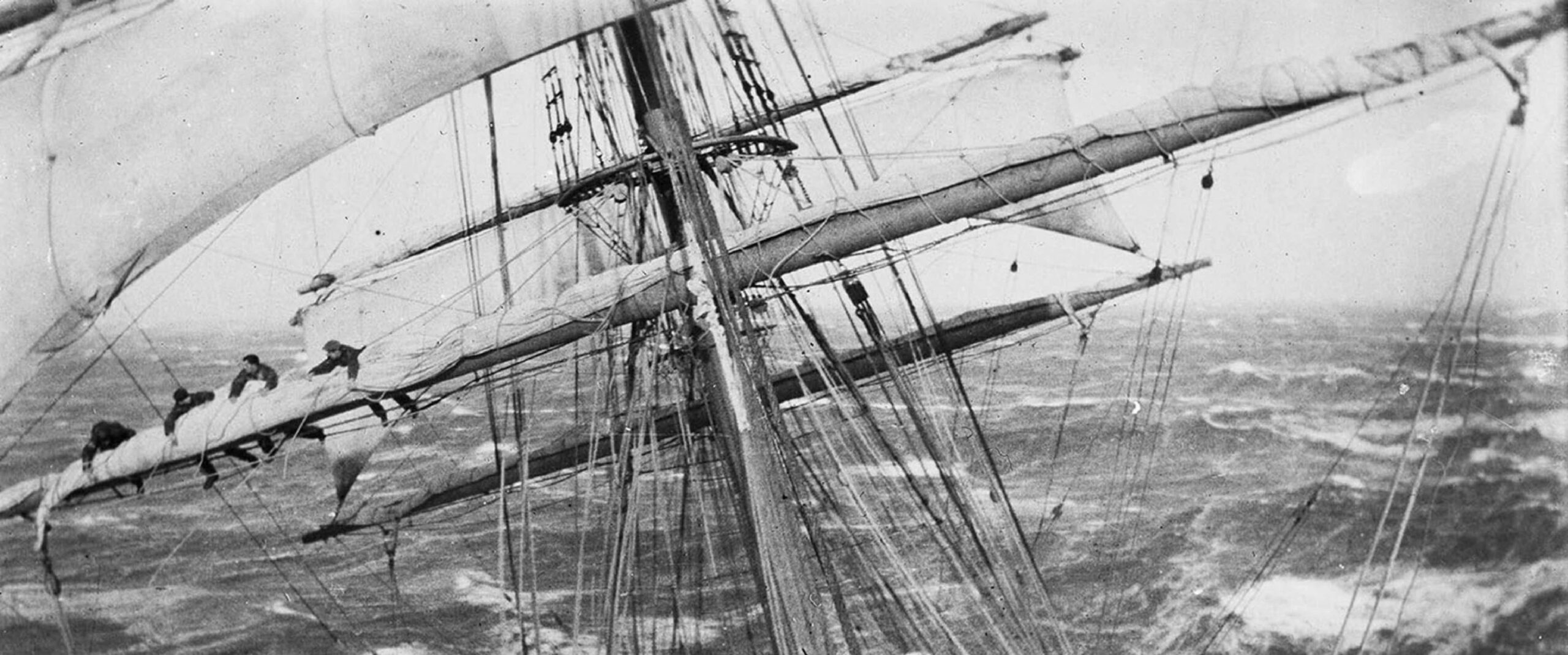
Great teams make mistakes.
Lots of them.
What makes teams great isn’t their mistakes but how they treat them.
Great teams don’t punish mistakes, or hide mistakes, they use them.
Not because they like making mistakes but because they don’t.
Teams who punish mistakes make a really basic error.
Their motivation is that unless punished, team members will continue to make mistakes. The assumption is that some people like making mistakes.
Humans are just not wired that way.
Humans don’t like making mistakes.
Our ancestors lived harsh and short lives where mistakes could be fatal. Ignoring errors is a luxury most could not afford. Our brains have evolved to know that mistakes are bad.
So how can something bad be useful?
The answer is in how you frame it.
When your aim is to improve, there is no better way to achieve that than by doing it wrong. Your subconscious brain will remember the pain and work hard to avoid doing it again.
Mistakes work on your subconscious even after you have convinced yourself that it’s ok. (That’s how PTSD works by the way..)
Knowing that, great teams encourage trial – not just to make mistakes but to help them learn faster using the mistakes they make.
Not all punishment is meted out by leaders.
In some cultures, people are conditioned to be afraid or ashamed of mistakes, so they self-regulate. Some teams that are simply afraid of making mistakes. They maybe good at perfecting ways of doing old things but not good at progressing to new.
Their missions are stunted, and they struggle to compete in a fast-moving world.
Some teams aren’t afraid of mistakes because they never make any.
Or so they say.
They hide them instead.
You can’t learn from a mistake if you’re denying it happened.
Blaming is just another form of denial. Finding a scapegoat is a way of pretending that you’ve solved a problem when you’re actually hiding your own mistakes.
Denial leads to repeat, and a vicious cycle of continuous failures followed by witch hunts. A learning killer.
Teams who recognize mistakes as learning accelerators learn faster and do better.
As a leader you have a choice when mistakes are made. You punish, you run away, you cover up or you learn.
Simple
“..great teams don’t punish mistakes, or hide mistakes, they use them…”
Does your team make mistakes?
When they do, does discussion turn to punishment, or blame, or learning?
Or is there no discussion at all?
Are mistakes remembered for the lessons that came or the person who was responsible?
When you tried something that didn’t work out, what happened to you?
If you haven’t thought about it, try observing how mistakes are treated in your own team.
It might tell you the choices they’re making.
How do you treat mistakes?
.
.
“I might be wrong, but at least I’ve thought about it…”
